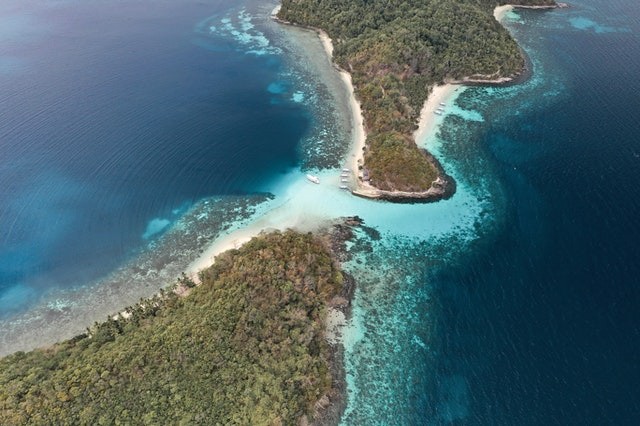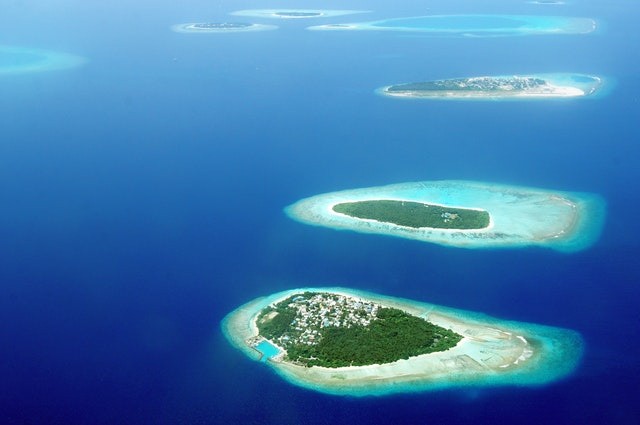Pacific islanders didn't need POTUS Joe Biden to notify them that climate change presents an existential threat. Climate change communication scientist Tahnee Burgess has investigated journalists on Pacific Island countries who reported global warming between December 2016 and March 2019. She said the report was assigned by ABC International Development to regulate how the Pacific islanders themselves were publicizing global warming without Western narratives showing up.

Reports About Global Warming
The survey outcomes were exciting and could deliver lessons for Australian politicians and media.The founder and director of the Climate Change Communication Research Hub and co-author of the paper explained: "Before the beginning of the project, he anticipated the Pacific island journalists would encounter similar challenges to their peers in this country, where the case is increasingly politicized, and climate science is sometimes dismissed."
But reporting in the Pacific was better to the point. All the journalists and the politicians they cited, accepted that the climate change was real; reports about global warming were presented accessibly and accurately.
She explained that in most of the 387 articles investigated, complicated data was transmitted in ways that integrated the science and life experience, to make that information significant to readers.
The Greenhouse Gas Donations
Burgess explained that: Australia is gradually catching up. The most recent research of last year's black summer bushfires was the most encouraging, 16% of Australians reporting was related to climate change, but 5% of that was denialism. 5% may not sound like plenty, but about thousands upon thousands of articles is in the picture.
The research time in the Climate Change Communication in the Pacific Island report includes Fiji's hosting of the November 2017 United Nations climate talks, the yearly CoP23 known as the Conference of the Parties. Fiji's remoteness from western and northern hemisphere nations meant the meeting was held in Bonn, Germany, where the secretariat for the United Nations Framework Convention on Climate Change is located.
Fiji Prime Minister Frank Bainimarama directed - a first for a developing minor island state leader. At the Conference, Fiji set up the Talanoa Dialogue to enable participating countries to execute their greenhouse gas donations.

Insightful Details on the Procedure
Burgess further explained that Talanoa is the established Pacific procedure of sharing stories without judgment, as a way of creating consensus and understanding. It was officially adopted in 2018 by CoP24 in Poland.
The Pacific countries have also been crucial in convincing member states to restrict global temperature rise to well below 2°C, better still to 1.5°, as set out in the Paris agreement.
Crafting the Pacific as authorities is possibly the most popular theme we saw through all the pieces, and that's incredibly justified. Through the research time, Pacific was seen making these remarkable statements at international diplomacy meetings, as well as endorsing for their survival, and showing instances of taking action and adjusting mitigation.
RELATED ARTICLE : Global Warming Blamed for Increasing Incidence of Type-2 Diabetes
For more news, update about global warming and similar topics don't forget to follow Nature World News!
© 2025 NatureWorldNews.com All rights reserved. Do not reproduce without permission.





